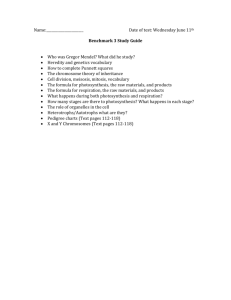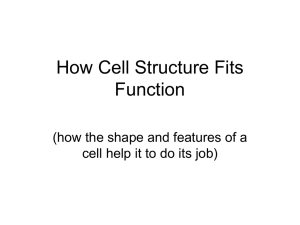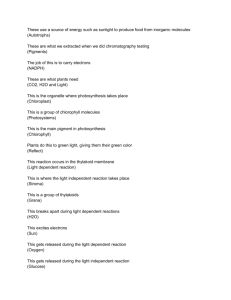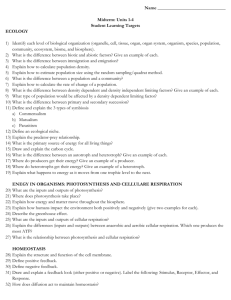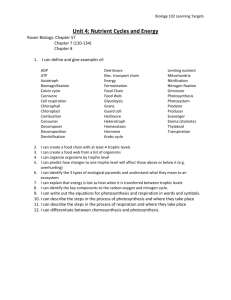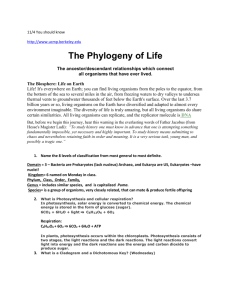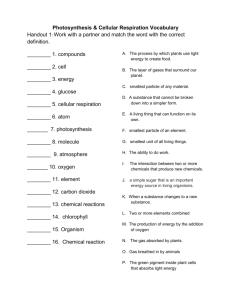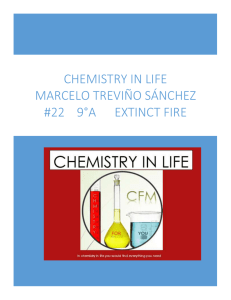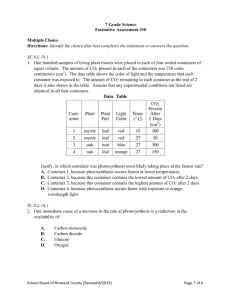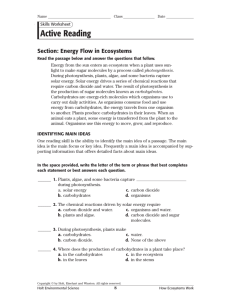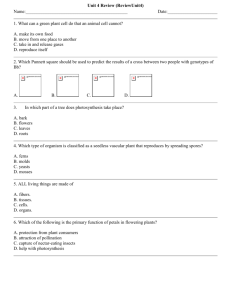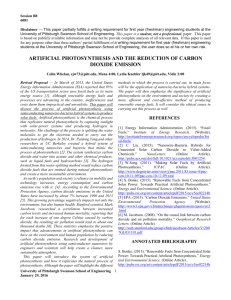Student Packet Matter and Energy in Living Systems
advertisement
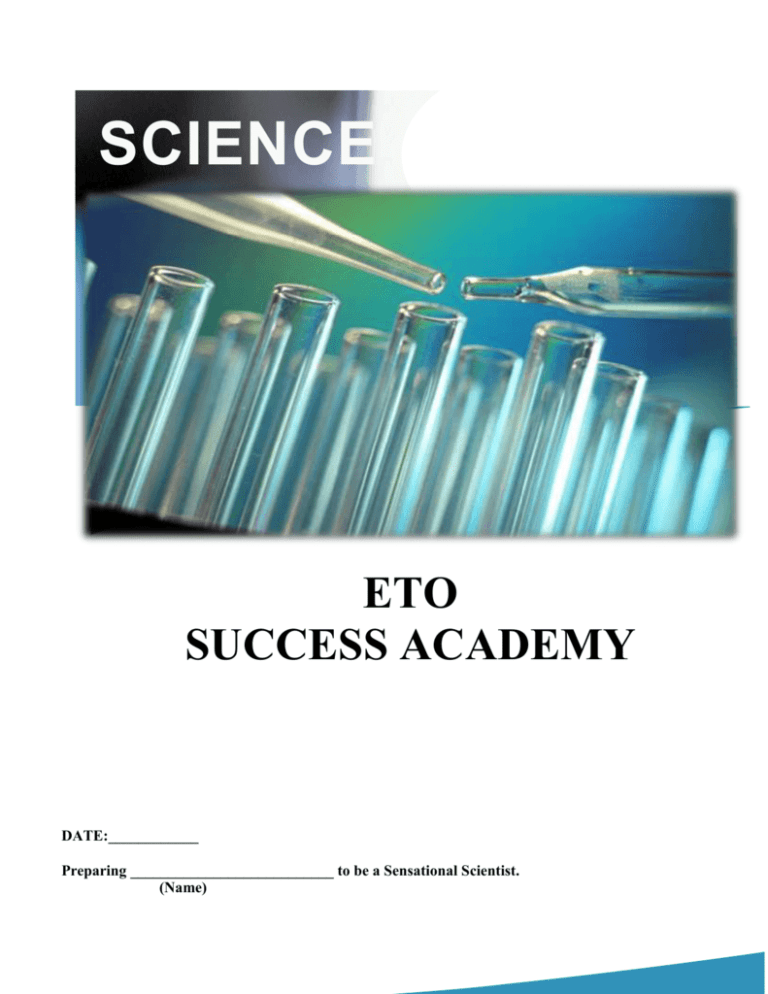
SCIENCE ETO SUCCESS ACADEMY DATE:____________ Preparing ___________________________ to be a Sensational Scientist. (Name) Topic: Matter and Energy in Living Systems Pre-assessment 1. Carbon is the basis of compounds found in all living organisms. Look at the diagram of the carbon cycle below. Which of the following biological principles does the diagram best exemplify? a) Law of Universal Gravitation. b) Law of Conservation of Mass. c) Law of Superposition. d) Law of Motion. 2. Carbon cycles through various materials here on Earth. Carbon is found in organisms that die and are broken down by microorganisms. These microorganisms put the carbon back in to the environment. Which of the following processes describes how the carbon changes into a gas and reenters the atmosphere? a) Combustion b) Photosynthesis c) Respiration* d) sedimentation 2 Carbon Cycle: Fill in the diagram with the correct process at each number: Word Bank: respiration, burning, photosynthesis, decomposition, pumping. 1.__________________________ 2. __________________________ 3..__________________________ 4. __________________________ 5. __________________________ What part of the cycle above could you remove and still maintain a cycle? Discuss: • What is the importance of plants in the carbon cycle? • How many possible paths are there for a carbon atom to move through the environment? • What happens to the carbon atom as it moves from 1 “pool” to another? Give an example. • Name some places where carbon appears to “get stuck” in a pool and not move for some time. Why might this be? • Humans have a big influence on the carbon cycle. What would the carbon cycle be like without humans? What is our impact on the carbon cycle? 3 Post-Assessment 1. In the process of photosynthesis, plants use carbon dioxide, water, and energy to form carbohydrates and oxygen. Which of the following BEST explains how plants follow the Law of Conservation of Mass during photosynthesis? A. The reaction uses energy to produce a product without energy. B. A gas (carbon dioxide) and a liquid (water) use energy to produce a solid (carbohydrates). C. The amount of each element that begins photosynthesis equals the amount of each element that is produced. D. The amount of carbohydrates at the beginning of photosynthesis equals the amount of oxygen that is produced. 2. A diagram of the carbon cycle is shown below. Which of the following best explains the roles plants and animals play in recycling carbon? a. Plants and animals both take in carbon through respiration. They return it to the cycle through decomposition. b. Plants take in carbon through photosynthesis and decomposition. Animals produce carbon through respiration. c. Animals produce carbon through exhaling. Plants take in carbon for photosynthesis. d. Plants produce carbon through photosynthesis. Animals take in carbon for breathing. 4 3. Energy is passed along as you move up through a food chain. Energy can be measured in kilocalories (Kcal). The energy transfer in the food chain is shown in the diagram below. According to the energy pyramid, organisms get only about 10% of the energy from the previous level of the food chain. If living systems follow the Law of Conservation of Energy, where does 90% of the energy go? a. it is used by decomposers b. It is destroyed in the digestion process. c. it is converted into heat and energy for life functions. d. it goes to the organism in the previous level of the food chain. 4. Vanessa is learning about photosynthesis. Her teacher asks her to draw a diagram showing the process of photosynthesis. What is wrong with Vanessa's drawing? a. The diagram has switched the positions of carbon dioxide and water. b. The diagram should show oxygen being both absorbed and released. c. The diagram has switched the positions of oxygen and carbon dioxide. d. The diagram should show carbon dioxide being both absorbed and released. 5. Jimmy is running laps during his physical education class. As he is running, he starts to breathe harder as his body tries to get more oxygen. Which of the following best explains why Jimmy's oxygen requirement increases? a. His cells use oxygen as their primary source of energy. b. His cells need oxygen to help them break down sugars for energy. c. His cells need oxygen to increase the levels of sugars in the blood. d. His cells use oxygen to transport substances across their cell membranes. 5
